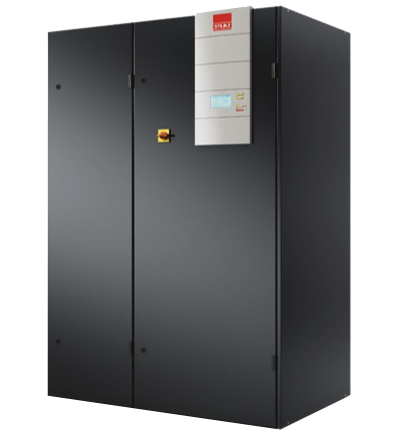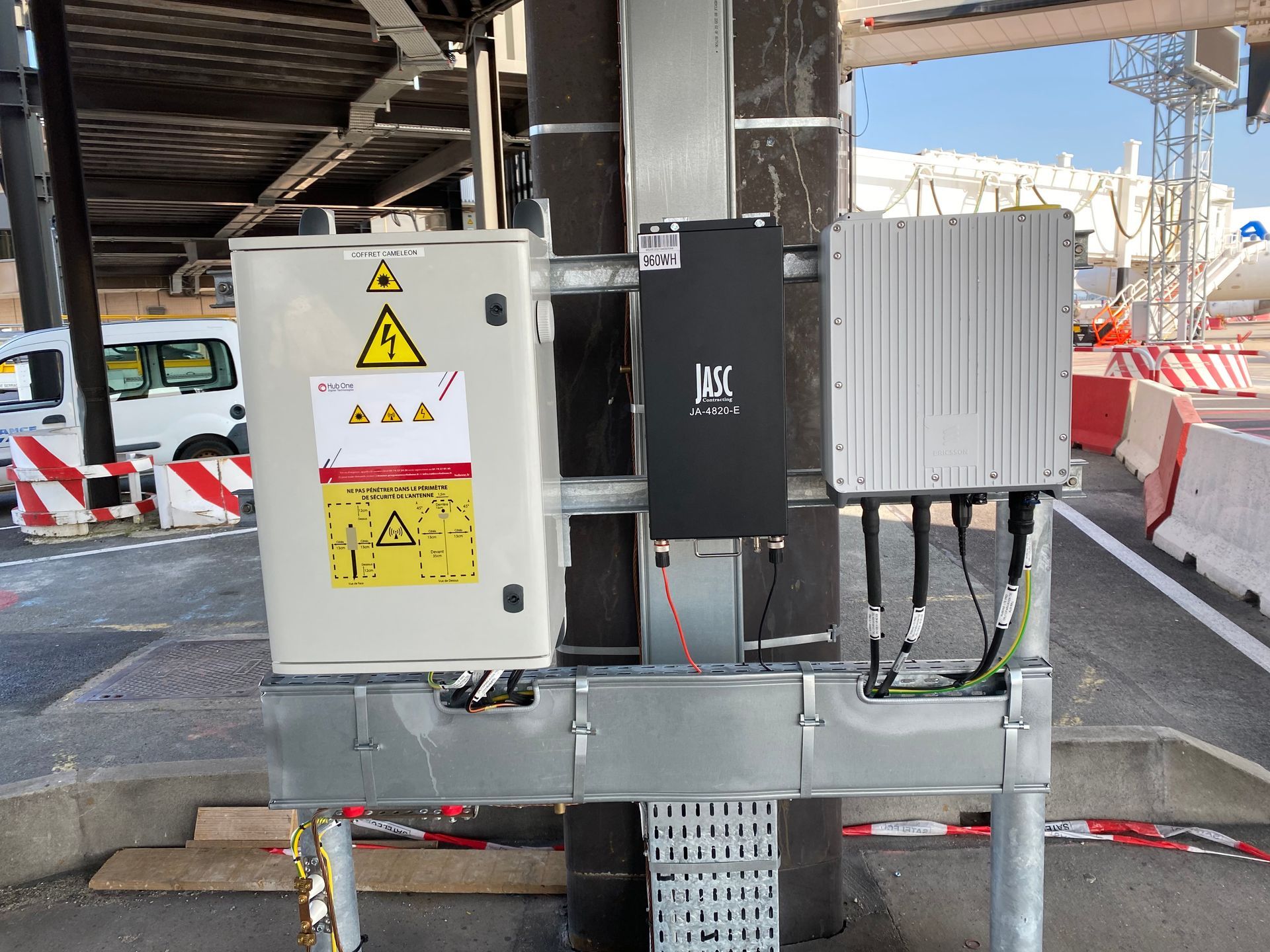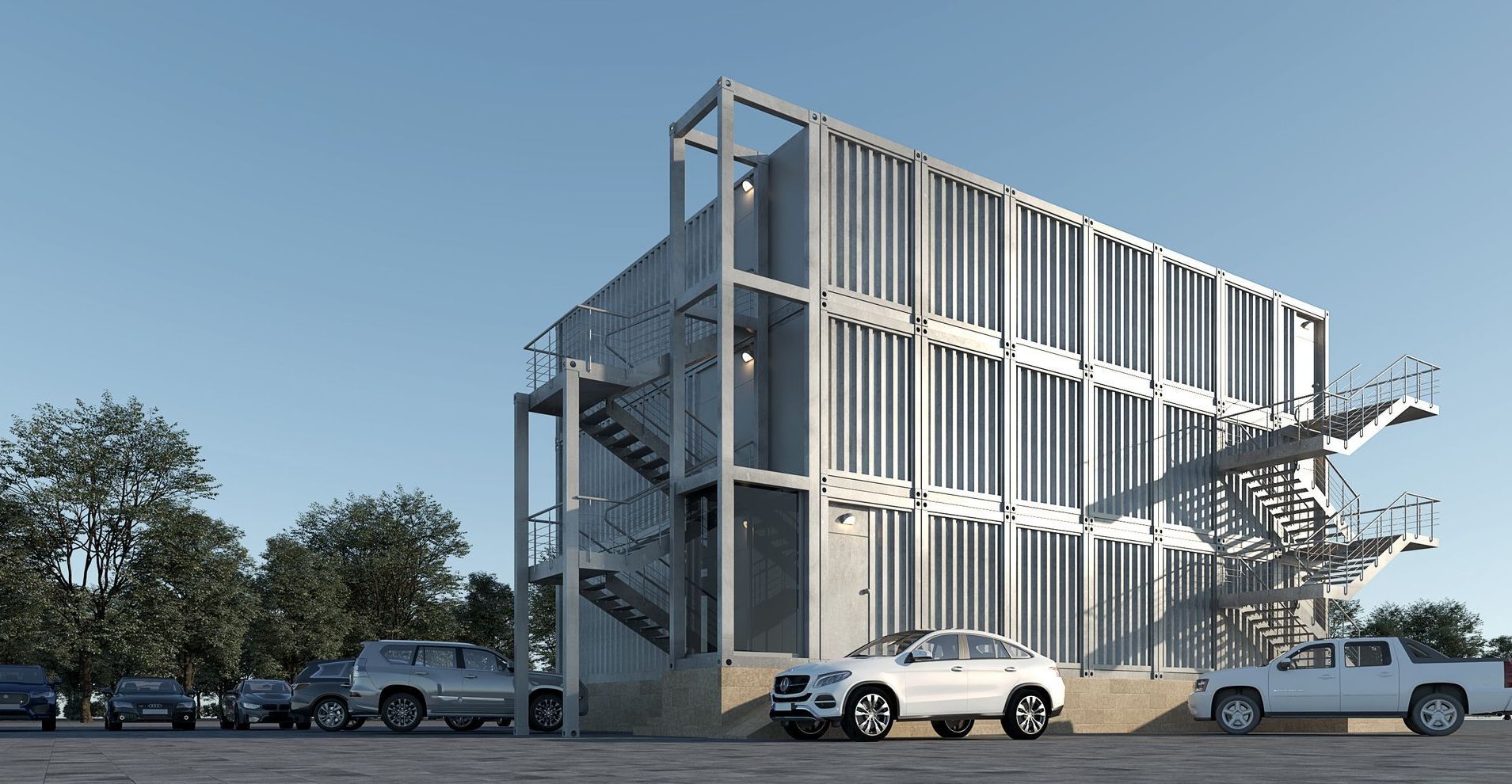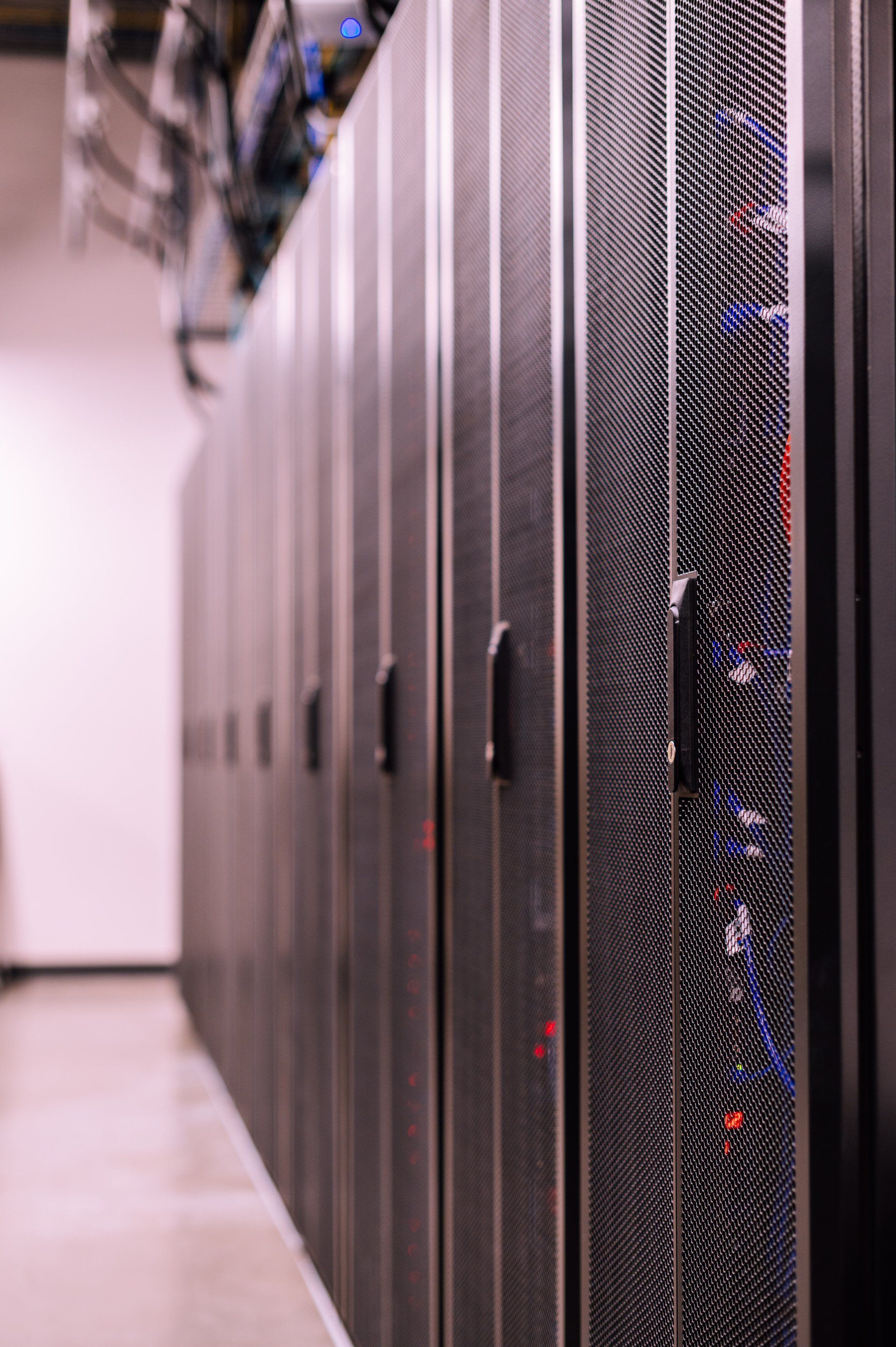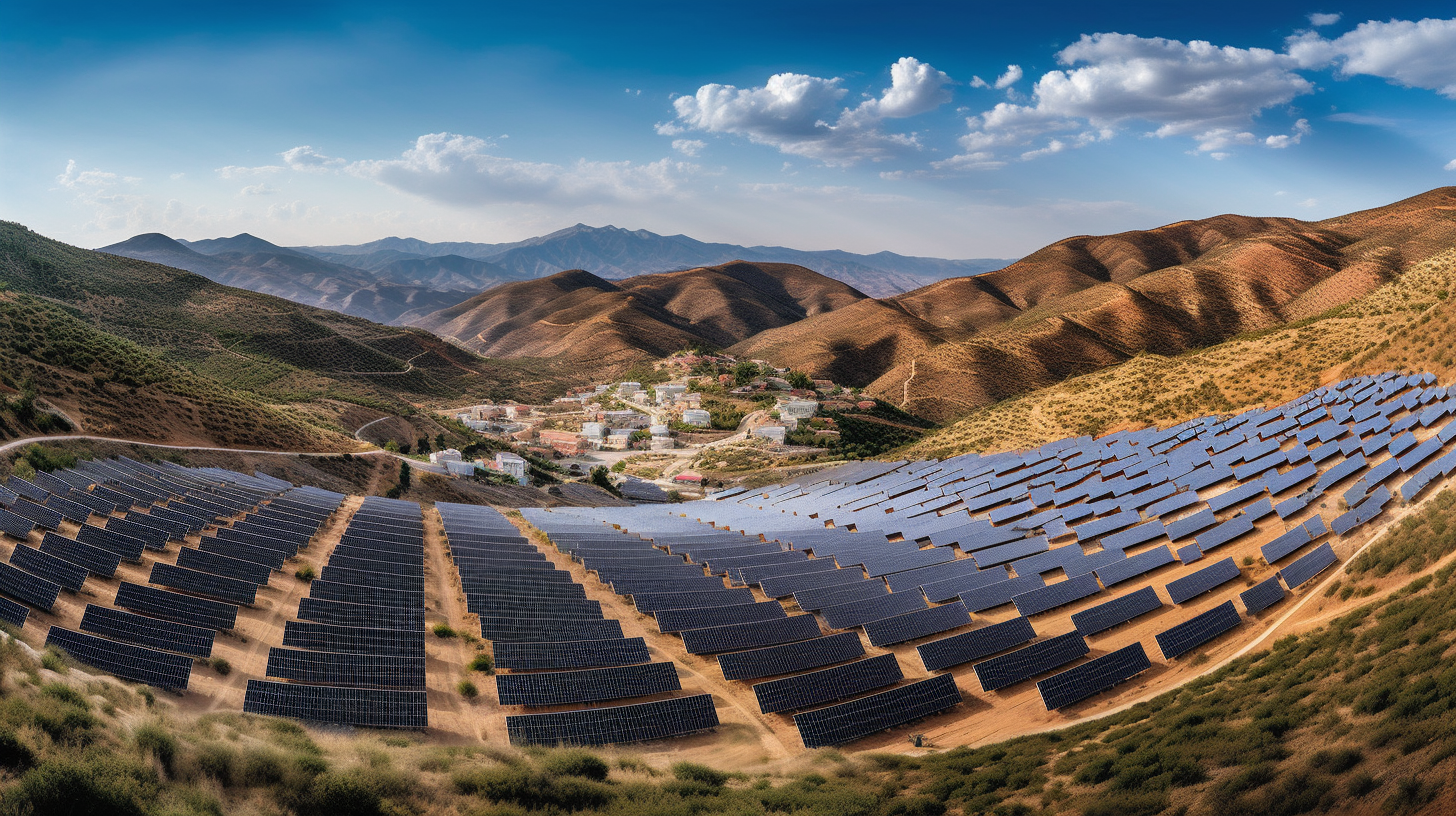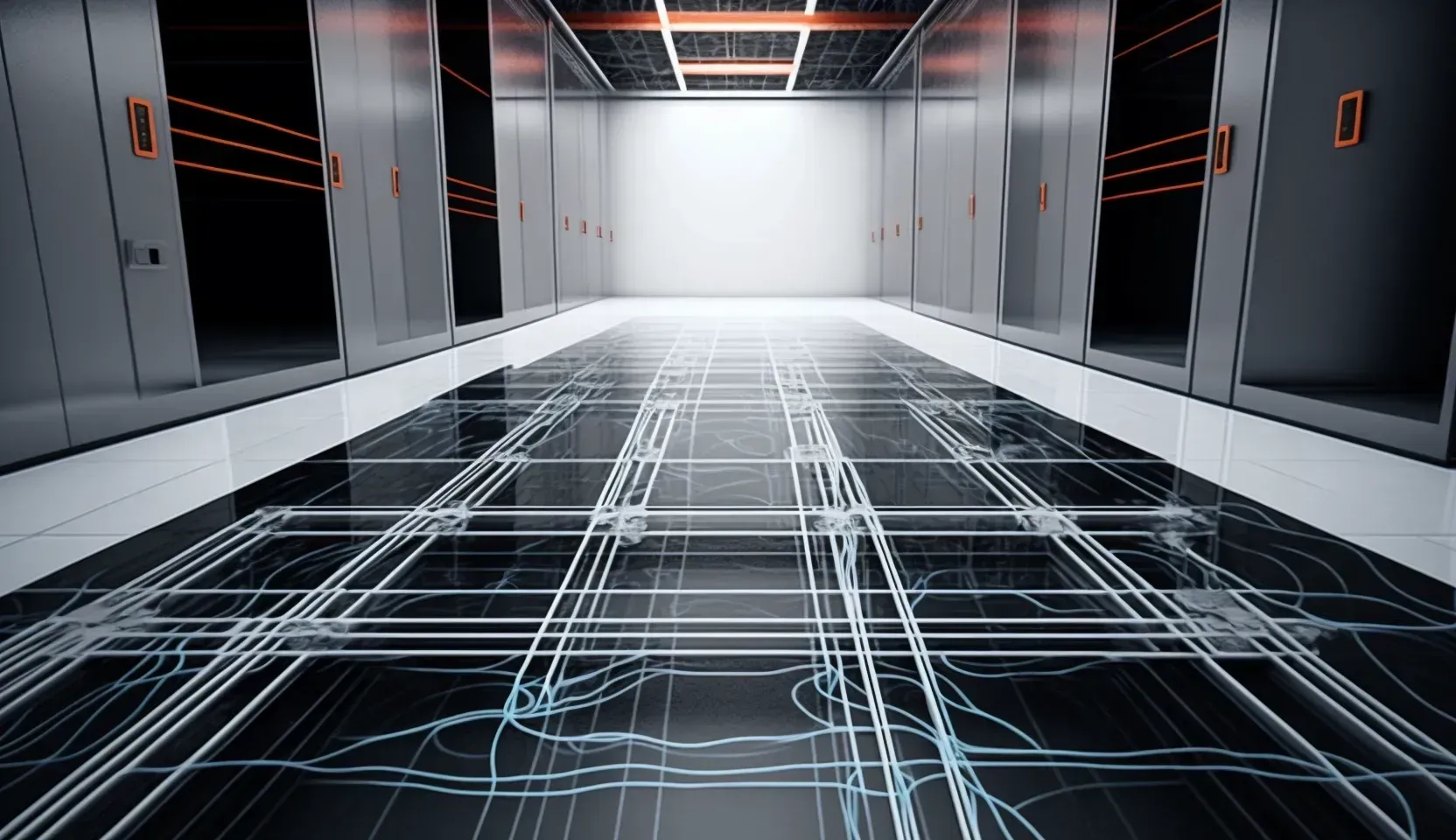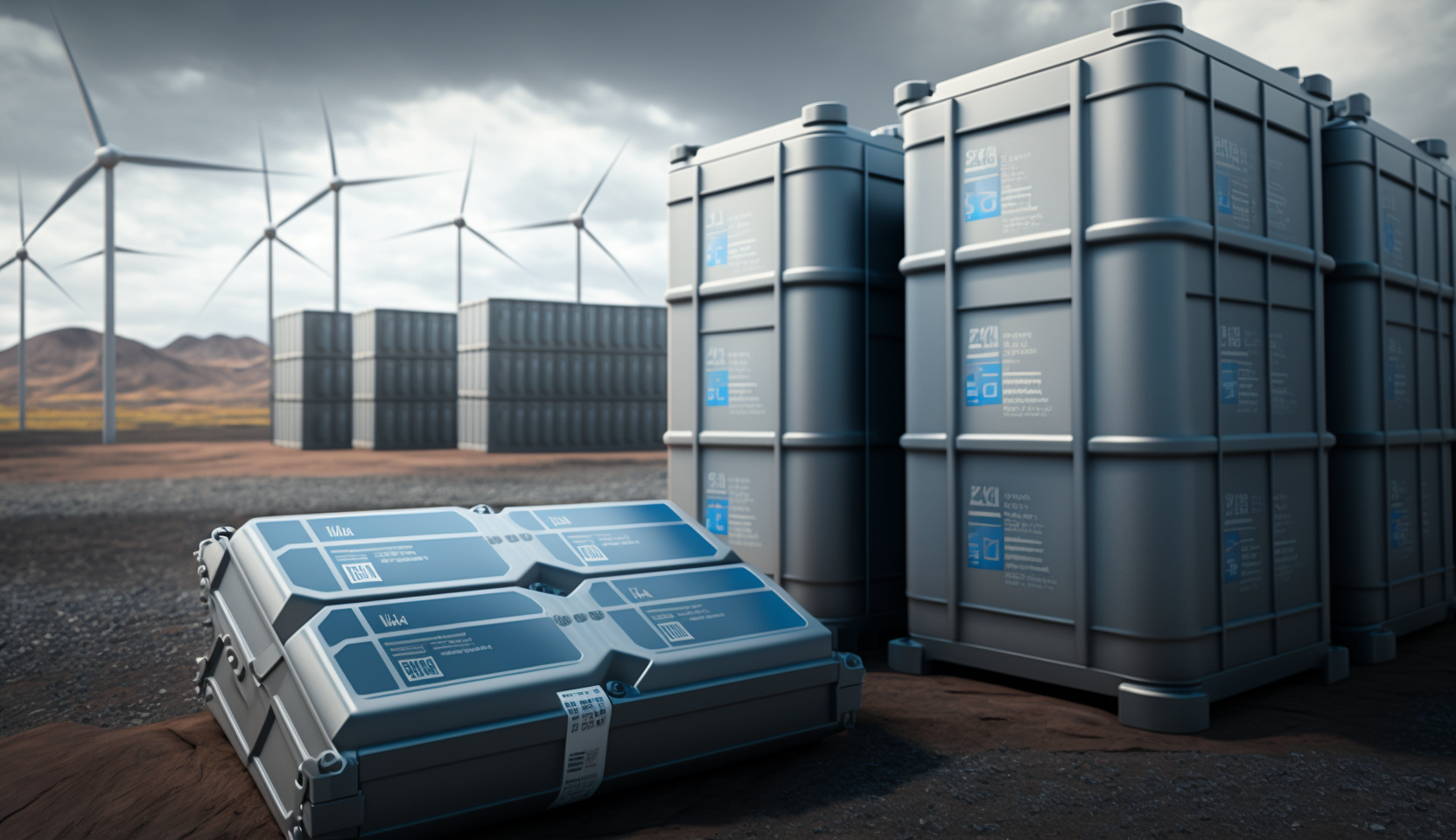TECH TRENDS
Maximize Performance: The Key Benefits of Liquid Cooling for Data Centers
As data centers continue to evolve in response to increasing demands for processing power, managing heat effectively has become more critical than ever. Traditional air cooling methods are increasingly being challenged by the innovative approach of liquid cooling. Here’s an overview of the key advantages that liquid cooling systems bring to modern data centers.
1. Higher Heat Load Density
The demand for greater processing capabilities, particularly with the rise of artificial intelligence (AI), has led to a surge in heat generation within data centers. Liquid cooling systems effectively address this challenge by supporting:
- Exponential Growth in Processor Capabilities: As processors become more powerful, they also generate more heat, requiring advanced cooling solutions.
- Increasing Heat Load Per Rack: With the trend toward more compact server designs, heat output per rack is on the rise, making efficient cooling essential.
- More Computing Power in Less Physical Space: Liquid cooling systems are designed to manage higher densities of computing power, ensuring optimal thermal conditions.
2. Superior Liquid Heat Conductivity
Liquid cooling offers significant advantages in heat transfer compared to traditional air cooling systems:
- Air Cooling Limitations: As heat loads increase, air cooling can reach its limits, risking overheating and system failures.
- Efficient Heat Conductivity: Liquid cooling provides up to 1000 times more efficient heat conductivity than air, allowing for rapid and effective heat dissipation.
- Higher Operating Temperatures: Liquid cooling enables data centers to operate at higher temperatures per rack, supports free cooling options, and simplifies heat reuse.
3. Enhanced Energy Efficiency
Energy consumption is a top concern for data centers, and liquid cooling systems excel in promoting sustainability:
- Lower Operational Costs: By reducing the energy required for cooling, liquid cooling systems lead to significant savings on electricity bills.
- Improved Power Usage Effectiveness (PUE): These systems contribute to lower PUE ratios, indicating a more effective use of energy.
- Maximized Heat Reuse: Liquid cooling systems optimize heat reuse opportunities, further enhancing the sustainability of data center operations.
Addressing Implementation Considerations
While the advantages of liquid cooling are substantial, it’s important to recognize some factors during implementation. Initial installation costs may be higher than those of traditional systems, and effective management of liquid systems requires thoughtful planning to ensure performance and safety. However, with the right expertise, these challenges can be easily navigated. The long-term benefits and performance enhancements provided by liquid cooling systems make them a smart investment for any data center.
Conclusion
Liquid cooling is reshaping the landscape of data center design and operation. By addressing higher heat loads, offering superior heat conductivity, and promoting energy efficiency, liquid cooling systems provide a robust solution for the modern data center’s challenges. For businesses aiming to stay competitive and ensure their infrastructure is prepared for the future, adopting liquid cooling solutions is a forward-thinking decision that pays off in numerous ways.
FAQ
What are the key advantages of liquid cooling in data centers?
Liquid cooling offers superior heat management, the ability to handle higher heat loads, and promotes sustainability through energy savings.
How does liquid cooling compare to traditional air cooling?
Liquid cooling is far more efficient at transferring heat, making it a better choice for managing the thermal demands of high-density server configurations.
Are there challenges associated with liquid cooling systems?
While installation costs may be higher and require careful planning, the long-term benefits often outweigh these initial considerations.
Can liquid cooling help reduce energy consumption in data centers?
Yes, liquid cooling systems can significantly lower energy usage for cooling operations, leading to reduced operational costs and a smaller carbon footprint.
Can architectural design improve the sustainability of a data center?
heat due to their advanced computing demands, as well as research institutions and gaming studios relying on powerful servers for processing.

